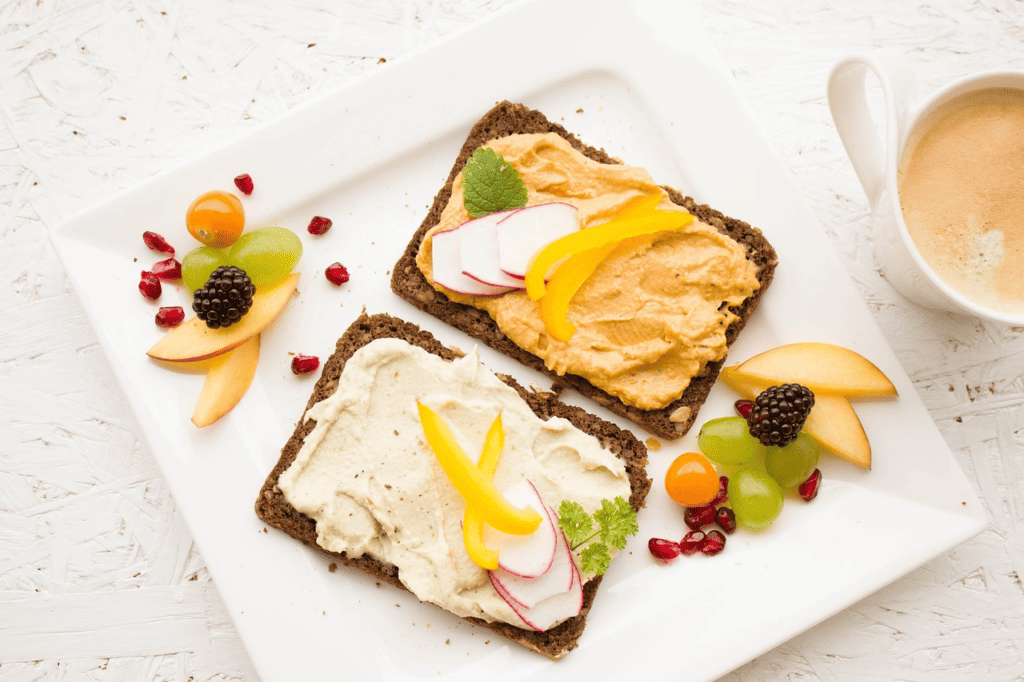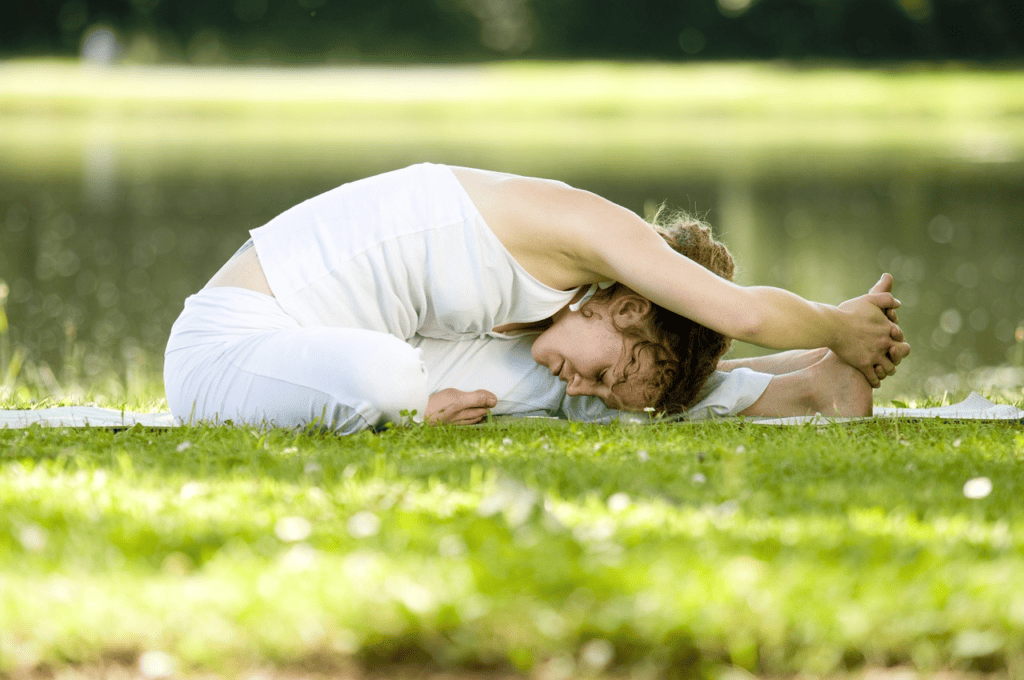How to Get Rid of Dizziness After Drinking Coffee?

Is your coffee giving you the jitters? Do you feel like you'll pass out every time you take a sip? If so, you're not alone. Millions of people experience dizziness after drinking coffee.
But don’t worry, there are ways to get rid of it.
In this article, we’ll share tips and tricks for preventing and treating coffee-induced dizziness.
So read on, and say goodbye to the jitters for good!
Table of Contents
Toggle20 Ways to Get Rid of Dizziness After Drinking Coffee
1. Gradual Sip and Savor:
Mary always wondered why her favorite barista served her coffee in such small cups. Well, it turns out that sipping coffee gradually can help prevent dizziness. Rapid caffeine consumption can spike blood pressure, causing dizziness.
The key is to sip and savor, not gulp and go. According to the National Coffee Association, savoring each sip can prevent that sudden caffeine rush.
2. Opt for Low-Acidity Beans:

If you’ve been dancing with dizziness every morning, it might be time to switch to low-acidity coffee beans. High-acidity coffee can lead to stomach discomfort, increasing the chances of dizziness.
Check for coffee bean varieties like Sumatra or Brazilian Santos, known for their lower acidity levels.
3. Stay Hydrated:
We often forget the importance of water in our quest for the perfect cup of Joe. Coffee is a diuretic fluid, which means it can increase fluid loss through urination. It can lead to dehydration and dizziness.
Bob learned the hard way when his morning espresso left him feeling woozy. The solution? Balance your coffee consumption with plenty of water to stay hydrated and keep dizziness at bay.
4. Breakfast First, Coffee Later:

“Don’t put the cart before the horse,” as the saying goes. The same applies to coffee. Consider having a balanced breakfast before reaching for that steaming cup of coffee.
Empty stomachs can make caffeine hit you harder, leading to dizziness. Sheila realized this when she started having breakfast before her coffee and found her mornings much smoother.
5. Mind the Caffeine Content
Coffee has various strengths, and knowing your coffee’s caffeine content is essential. According to the U.S. Department of Agriculture, a 10-ounce cup of brewed coffee can contain around 80 to 200 milligrams of caffeine.
Opting for a milder coffee or reducing the number of shots in your espresso can be a game-changer in preventing post-coffee dizziness.
6. Stretch and Move

Dizziness can also be a result of poor circulation. Coffee might give you the energy to conquer the day, but it can also make you a bit jittery.
To combat this, try stretching and moving around after your coffee. It helps improve blood flow and minimizes the chances of feeling light-headed. Have you ever tried doing a little dance after your morning brew? It might be just what you need!
7. Mind the Time
Timing is everything, even when it comes to coffee. Consuming coffee late in the afternoon or evening can interfere with your sleep, leading to dizziness the next day.
The National Sleep Foundation suggests avoiding coffee at least six hours before bedtime. It’ll not only improve your sleep but also keep dizziness at bay.
8. Consider Decaffeinated Options:
Sometimes, you want the warmth and taste of coffee without the caffeine-induced dizziness. In such cases, opting for decaffeinated coffee is a smart choice.
Decaf coffee offers that same comforting coffee experience minus the caffeine rush. Just make sure to choose a premium quality brand to ensure a rich flavor.
9. Experiment with Herbal Teas

If coffee keeps making you feel dizzy, why not try herbal alternatives? Herbal teas like ginger, peppermint, or chamomile can provide a soothing morning ritual without the caffeine kick. These teas also have various health benefits, making them a win-win solution.
10. Consult a Health Professional:
Sometimes, dizziness after coffee may indicate an underlying health issue. If you’ve tried all the above tips and are still experiencing dizziness, it’s crucial to consult a healthcare professional.
Conditions like gastritis, acid reflux, or caffeine sensitivity might be the culprits, and a healthcare provider can provide the best guidance.
11. Quality Over Quantity
The quality of your coffee beans can highly impact your coffee experience. According to the Specialty Coffee Association, premium coffee beans often have fewer defects and contaminants, reducing the chances of digestive discomfort and dizziness.
In fact, a study published in the Journal of Agriculture found that high-quality beans tend to be less acidic, making them a gentler choice for your stomach.
12. Monitor Sugar and Cream

Excessive sugar and cream in your coffee can lead to a spike in sugar levels in your blood, which may result in dizziness. According to the AHA, the average American consumes about 77 grams of added sugar per day, and sugary coffee drinks are a contributing factor.
Reducing sugar intake by even a small amount can make a significant difference in your overall well-being.
13. Caffeine Cycling
Dizziness can sometimes be a result of caffeine dependence. To break this cycle, consider caffeine cycling. It involves consuming coffee on certain days and abstaining on others. It helps reset your tolerance and reduce the likelihood of dizziness.
14. Track Your Intake
Keeping a coffee diary can be eye-opening. Note down the type of coffee, the time you drink it, and how you feel afterward. It will help you identify patterns and pinpoint the reasons for your dizziness. It’s like detective work for your morning routine!
15. Opt for Cold Brew
If hot coffee leaves you feeling dizzy, consider switching to cold brew. Cold brew coffee is less acidic and often gentler on the stomach. Plus, it’s perfect for those warm summer mornings when hot coffee just doesn’t cut it.

A glass of cold brew
Suggested Reading: How to make Cold Brew in the French Press.
16. Pair with a Banana
Bananas are a pretty rich source of potassium, a vital mineral that plays a substantial role in maintaining proper muscle and nerve function. The National Institutes of Health recommends a daily potassium intake of around 2,600 to 3,400 milligrams for adults.
By pairing your coffee with a banana, you can help replenish lost potassium due to coffee’s diuretic effect, potentially reducing the chances of dizziness.
Also, if you love coffee creamers for a delightful experience in every morning and want to extend their shelf life, read our blog that discuss, how long you can keep coffee creamer fresh and flavorful.
17. Mind Your Allergies
Sometimes, dizziness can be a result of undiagnosed coffee allergies. Consider adverse reactions like skin rashes or stomach discomfort after drinking coffee. If these symptoms persist, consult an allergist to rule out any allergies.
18. Try Natural Remedies
Natural remedies like ginger or peppermint tea can soothe an upset stomach and alleviate dizziness. A cup of ginger tea after your coffee can be an effective way to calm your digestive system.
19. Mindful Breathing
Taking a moment for mindful breathing can help ease coffee-induced jitters and dizziness. Try a deep breathing exercise for a few minutes after coffee to calm your nerves and regain balance.
20. Get Adequate Sleep
Sometimes, dizziness after coffee can be a sign of sleep deprivation. Ensure you’re getting enough rest each night, as fatigue can exacerbate the effects of caffeine. A well-rested body is better equipped to handle the coffee’s stimulating effects.
A Few Additional Tips:
-
- If you love the taste of coffee but don’t want to experience the side effects of caffeine, you can try drinking decaffeinated coffee. Decaffeinated coffee has less than 2% of the caffeine of regular coffee.
-
- If you are experiencing regular dizziness after drinking coffee, taking a break from caffeine for a few days may be helpful. It will give your body a chance to detox and adjust.
-
- Be aware of your caffeine sensitivity. Some people are more sensitive to caffeine than others. If you are frequently experiencing dizziness after drinking coffee, try reducing your caffeine intake or switching to decaffeinated coffee.
Editor’s Pick: Cone vs. Flat Coffee Filters, in case you are looking for what works best.
In a Nutshell
Dizziness after drinking coffee is a common problem, but it is usually treatable. By following these tips, you can get rid of dizziness and enjoy your coffee without any side effects.
And if you are planning to buy a coffee maker for the first time, check out our detailed guide.




